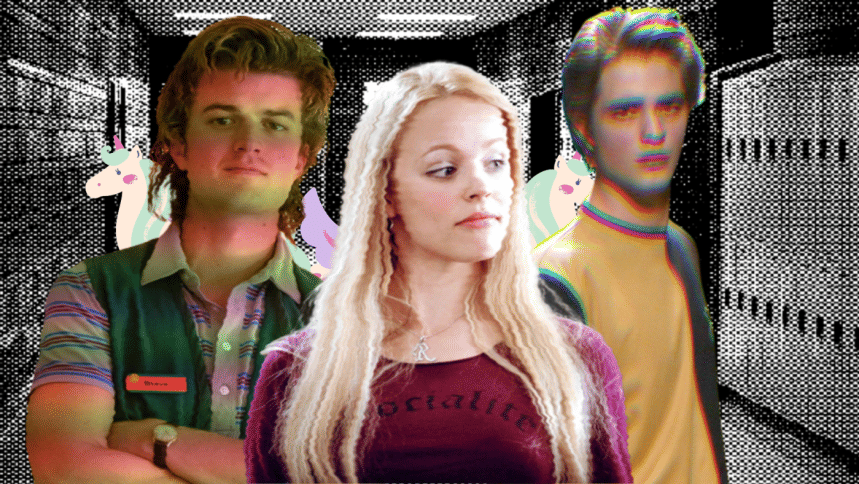Is popularity a high school myth?

In high school, we all fall prey to a hierarchy that dictates our standing and experience throughout those long years. Don't get me wrong. I'm not claiming to be above it, as I, along with every 14 to 17-year-old, used to enviously glorify the one popular kid who seemingly had it all, wishing to be the cream of the crop.
However, looking back, I wish I could tell my past self that popularity has no substance beyond high school. The concept of popularity seems like an extra ordeal to the chaotic rat race that the last couple of years of secondary schooling is.
Even though teenagers start to act like little know-it-alls after puberty, the truth is they're incredibly hormonal, emotional, and naive. (Words of wisdom from a slightly less hormonal and equally naive 21-year-old). In high school, our entire lives revolve around a relatively small group of people, and our minds fail to realize there's a whole world with 8 billion people and counting. Thus, many of us overestimate the value of being a popular kid during those years.
Furthermore, the tired American stereotypes that teen shows such as One Tree Hill, The O.C., and even the dumpster fire that is Riverdale fed us played a significant role in affirming our beliefs in climbing the high school social hierarchy. As a teen binging these shows, I didn't realise that they are scripted in favor of the popular kid and don't reflect the realities of attending school. I never also took into account how American those shows were. After all, the crazy aftergame parties that football teams throw in American shows and movies are unlikely to happen even in the poshest schools in our neck of the woods.
I won't sugarcoat the reality of being unpopular in high school. Not being liked can become very isolating and demotivating. Sometimes these "popular" kids can be very bitter and hateful toward people they deem "less popular". Feeling like an afterthought in a community that they spend most of their year in is something that far too many teenagers grapple with.
Attending university helped me comprehend how small school circles are. Unlike school, it is impossible to properly know even 10 percent of the people you go to classes with. Unless you get indoctrinated into a university club (please don't), the sheer diversity and amount of people in classes and the campus quickly render the high school hierarchy we all know and love pointless. Everyone's too busy thinking about themselves to pick on or even care about others. It's a system that can be both liberating and lonely, but it's a far more realistic representation of the real world.
Contradictory to what I've just typed out. The popular kids aren't the villains, but we shouldn't make achieving their temporary status the highlight of our last four years of school. There's more to life than being known within a small echo chamber. Remember, of all the social constructs that exist. The most meaningless one must be the one constructed by growing children.
Turns out Taaseen Mohammed Islam can write semi-decently at the expense of being able to do basic math. Send him pointers at [email protected]

 For all latest news, follow The Daily Star's Google News channel.
For all latest news, follow The Daily Star's Google News channel. 









Comments